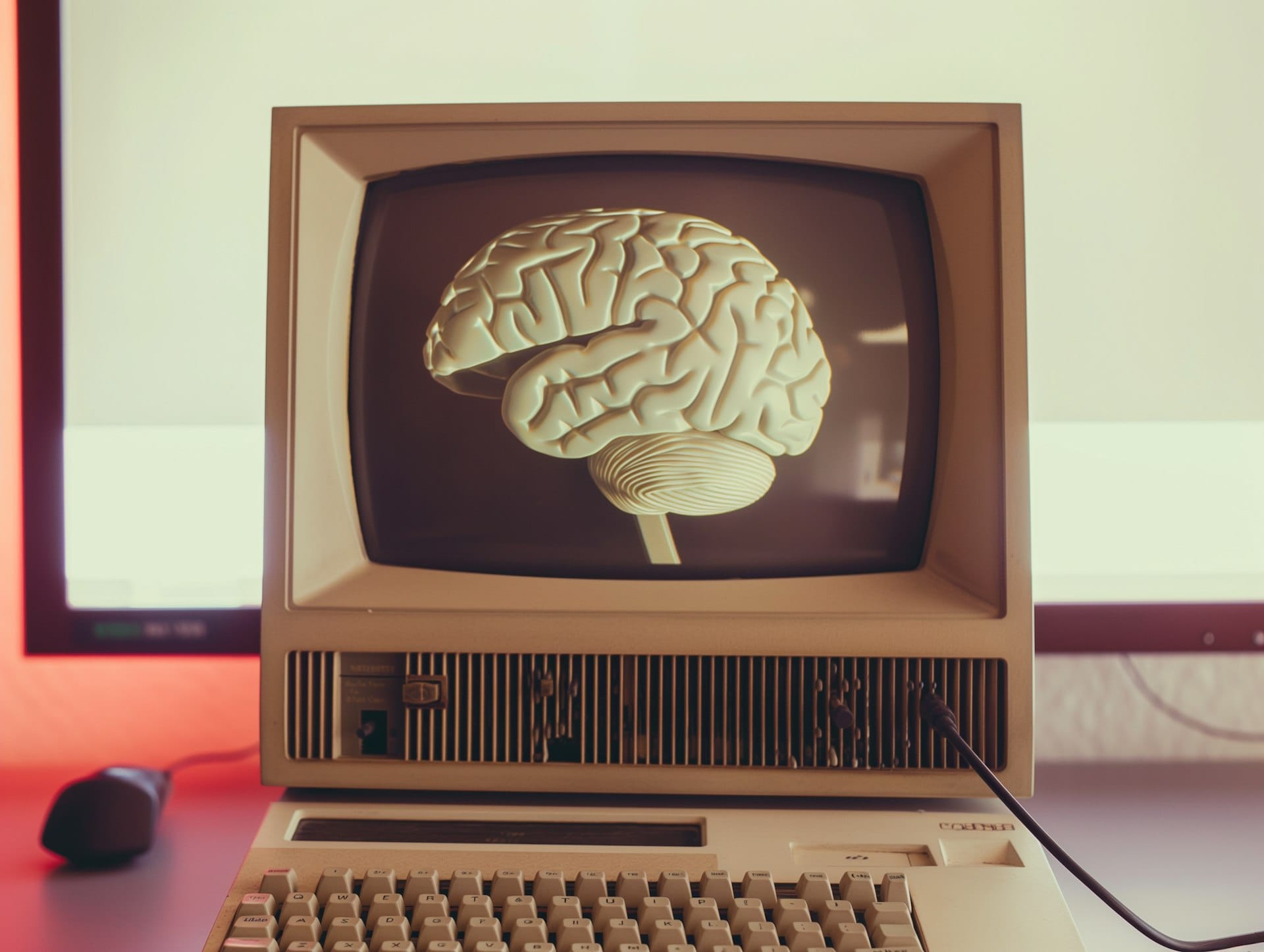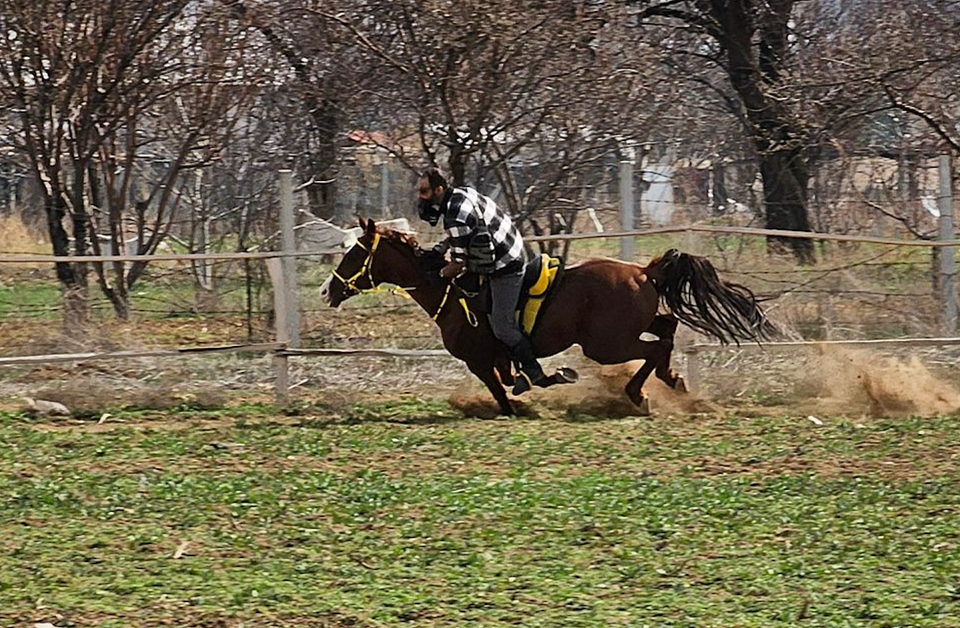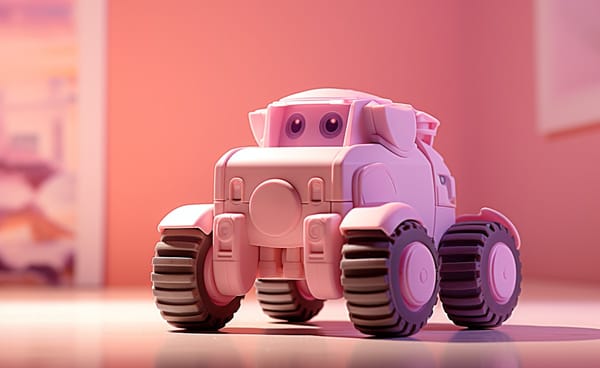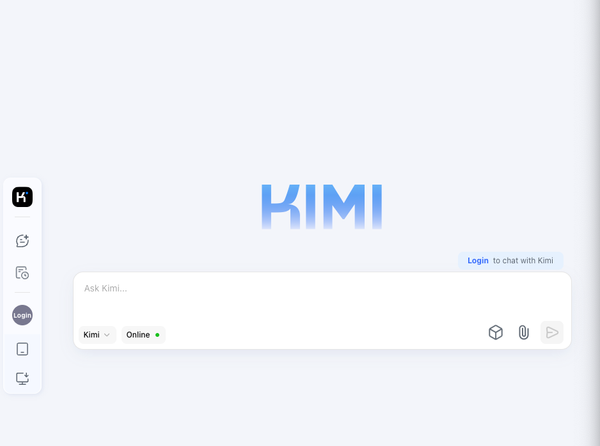The Hidden Cost of AI - Is AI Making Us Doubt Our Own Reality? The Shrinking Belief in Human Achievement with Lack of Imagination
Table of Content
Last week, something happened that made me deeply reflect on how AI is changing the way we perceive reality. A friend sent me a video of someone performing traditional horseback riding in Libya.
The video was a drone shot by my dear friend Maher Alawami, a video producer, a photographer and designer from Benghazi in Libya, who I had the honor to know him since 2011.
To my surprise, he was convinced it had to be AI-generated. As an experienced horse rider, I found myself in an unusual position - trying to prove that basic horsemanship skills were, in fact, real.
The aspect my friend questioned was the rider's stability during the horse's gallop. For any experienced equestrian, maintaining balance at a gallop is a fundamental skill we develop through years of practice. I even shared some of my own riding videos to demonstrate this, but was met with the same skepticism.
While riding my horse, about year ago, a friend believed it was an AI.
"It could be AI," he said. My response? "Come to the stables and see for yourself!"
This interaction opened my eyes to a broader issue emerging in our society. We're developing a tendency to question everything as potentially AI-generated, even the most authentic human achievements.
While browsing social media, I noticed people leaving comments on horse riding videos from 8-10 years ago - long before our current AI capabilities - claiming they must be "fake" or "AI-generated."
This pattern extended to showjumping videos from several years ago as well.
What troubles me isn't just the skepticism itself, but what it reveals about our changing relationship with human capability. People are using AI as an excuse to dismiss achievements they don't understand or can't immediately relate to.
Instead of acknowledging the years of discipline, training, and dedication behind these skills, they find it easier to label them as artificial.
The irony is that creating convincing AI-generated videos of complex athletic activities like horse riding isn't simple or straightforward - at least not yet. The technology required for such detailed, nuanced motion would be incredibly sophisticated.
Yet, these dismissive comments are already becoming commonplace. I wonder: what will happen when AI video generation actually becomes easily accessible to everyone?


This mindset reminds me of another concerning trend - people using AI chatbots to self-diagnose medical conditions. In both cases, we're seeing a kind of technological overconfidence that undermines real human expertise and experience.
Perhaps what we're witnessing is a new form of cognitive bias - one where the mere existence of AI makes us question everything, even the authentically human. The challenge ahead isn't just about developing AI responsibly; it's about maintaining our ability to recognize and appreciate genuine human achievement in an increasingly AI-influenced world.
The solution? Maybe it starts with experiencing things firsthand, just as I invited my friend to the stables.
Sometimes the best way to counter digital skepticism is with real-world experience. After all, there's nothing quite like feeling a horse's movement beneath you to understand what's genuinely possible through human skill and dedication.
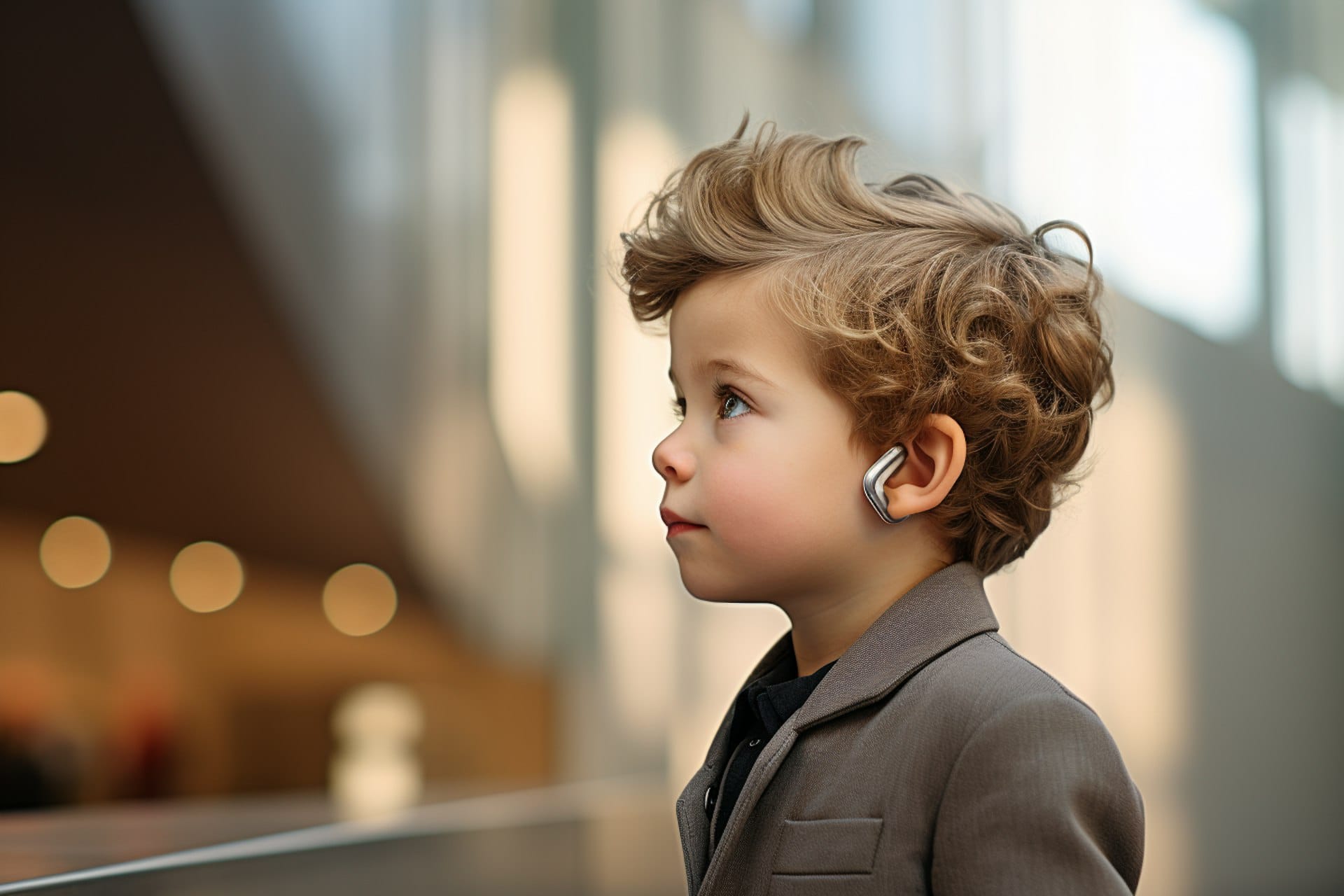
This piece draws from personal experiences as an equestrian and observer of how AI technology is influencing our perception of human capabilities.
More Resources
